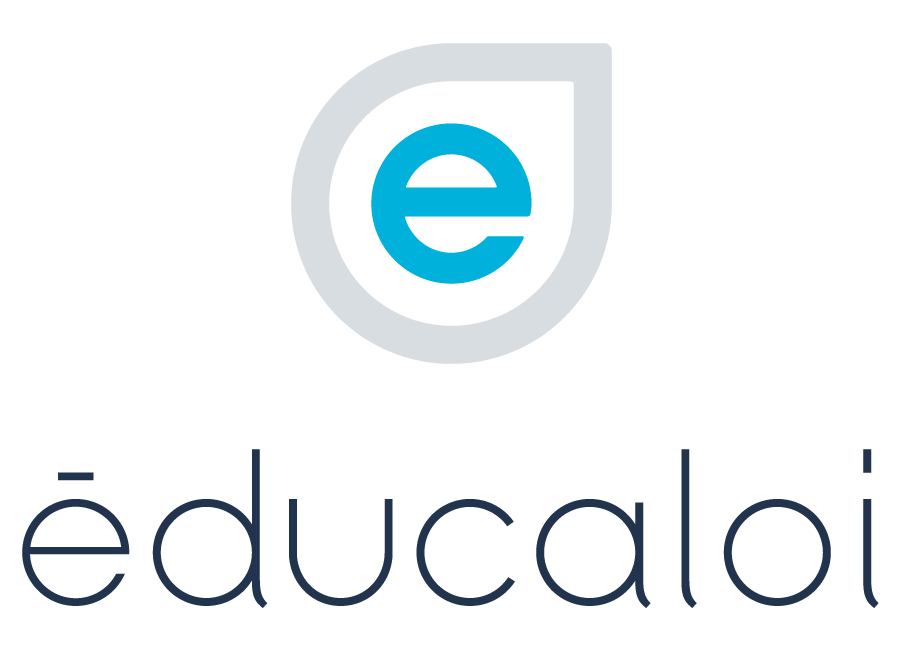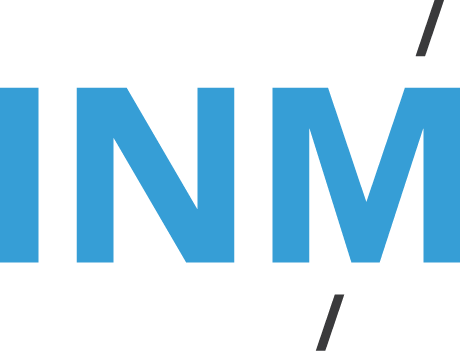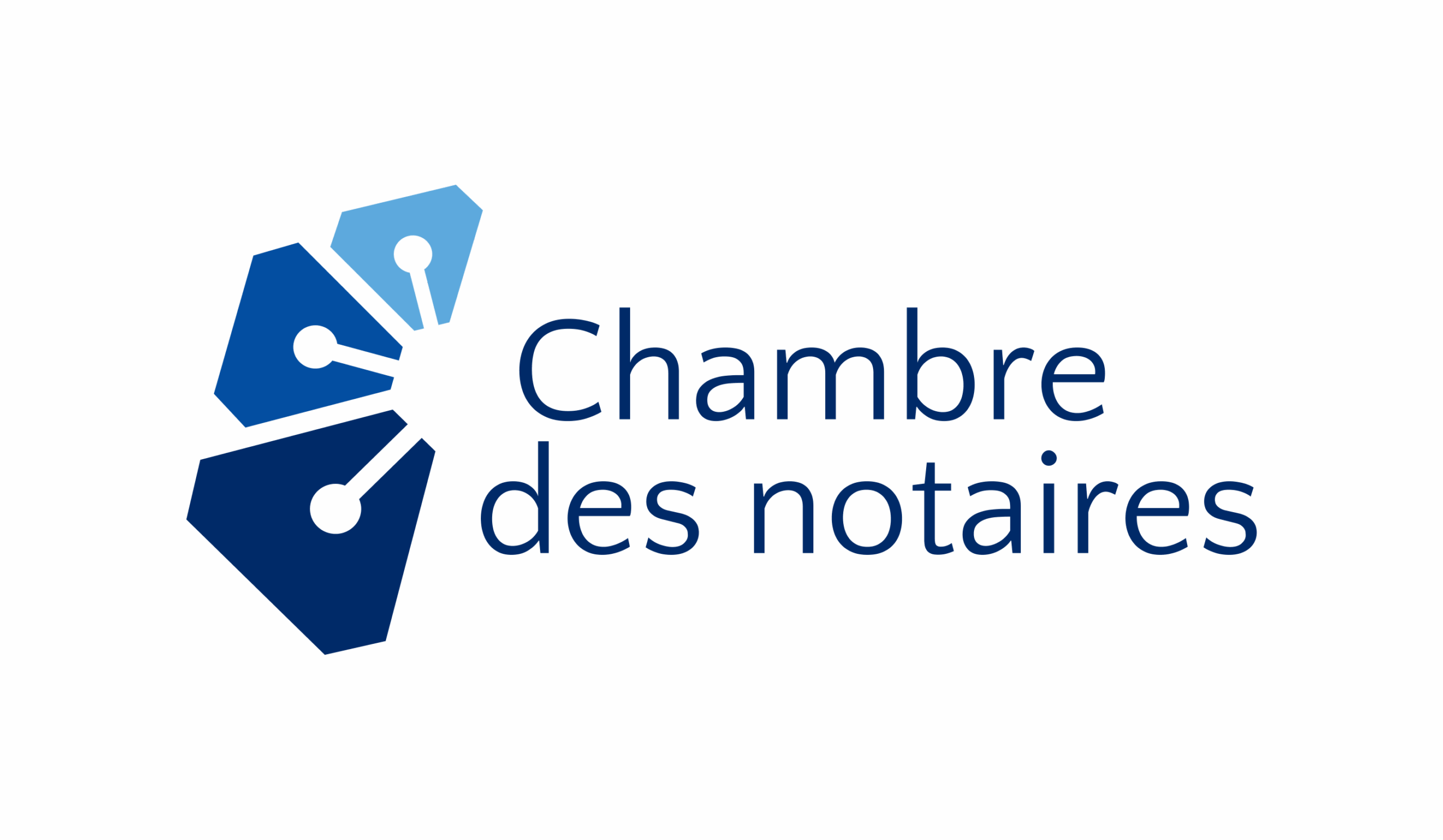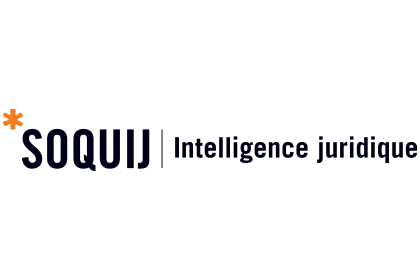Guide to participating in the Grand Assembly of Law and Justice
On March 19th, from 9 a.m. to 11:45 a.m., you will participate in the Grand Assembly of Law and Justice, organized by the Institut québécois de réforme du droit et de la justice (IQRDJ), in collaboration with the INM and in partnership with Éducaloi.
You will find on this page the different steps to follow in order to prepare for this event.
Towards a Grand Assembly of Law and Justice
Law and justice are present, to varying degrees, in all spheres of life in society. However, a gap seems to have widened between the understanding of law and justice that prevails today and the transformation of citizens’ legal needs in our contemporary society.
The Institut québécois de réforme du droit et de la justice (IQRDJ), convinced that reflection on the issues surrounding such a finding requires collective deliberation, is organizing the public consultation Towards a Grand Assembly of Law and Justice in 2020-2021 .
A three-step approach
The Citizen Forum on the future of law and justice took place on October 30 th , 2020. Its aim was to investigate citizens’ experiences, needs, expectations and preferences on the issues of law and justice. Nearly 70 participants had the opportunity to identify thematic priorities to be discussed in subsequent steps of the public consultation.
A report was published with the results of the Citizen Forum.
The IQRDJ’s Thematic Agoras, which are taking place in February 2021, aim to collect comments, suggestions and recommendations from leaders from civil society and members of the legal community. This consultation will lead the participants to establish thematic priorities which may be discussed during the Grand Assembly of Law and Justice in March 2021.
Five agoras are scheduled: legal culture, citizen participation, statute design, legislative innovation and judicial transition.
Each agora will gather four leaders from civil society and four members of the legal community known for their expertise and experience relevant to the theme discussed.
This final phase of the IQRDJ’s public consultation will bring together around 150 people from all spheres of society. The objective is to validate the reform proposals made during the Citizen’s Forum and Thematic Agoras. These proposals will inspire the Institute’ work over the coming years.
Your role
As a participant in the Grand Assembly of Law and Justice, you are called upon to vote to validate the reform proposals made during the Citizen’s Forum and thematic Agoras. These proposals will inspire the work of the Institute over the next few years.
Before the Grand Assembly, from March 8th to 18th, you will be able to comment on the proposals via an online platform.
Comment on the proposals during the Reform Hub
Before participating in the Grand Assembly, you can read the proposals made by the IQRDJ as part of the Reform Hub from March 8th to 18th. This virtual deliberation space gives you the opportunity to comment on the proposals before their adoption: by indicating your support for a priority, by discussing its merits or by reflecting on the modalities of its implementation …
Please note that to participate in the Reforms Hub, you must go to this platform and create an account.
Take part in the Grand Assembly of Law and Justice
During the Grand Assembly of Law and Justice, the IQRDJ’s proposals will be presented to you theme by theme. The IQRDJ has developed three proposals for five themes: legal culture, citizen participation, the design of laws, legislative innovation and the « transition » of justice.
You will then have to validate, or not, the proposals via an online voting tool. The participants in the Grand Assembly are divided into three colleges: the college of citizens, the college of civil society leaders and the college of members of the legal community. For a proposal to be accepted, it must obtain a majority (50% + 1 vote) in each college.
Please take note that you belong to the college of citizens.
The results of the vote will be presented to you at the end of the Grand Assembly.
Connection link and schedule
Date: Friday March 19th, 2021
Time: 9 a.m. to 11:45 a.m.
It is best to download the latest version of the desktop client or the Zoom application to take advantage of all conference functionality. Please install the update.
If you are having difficulty joining the conference, see the Zoom information guide.
Programme de la Grande Assemblée du Droit et de la Justice
| 8:50 a.m. | Connection of participants |
| 9:00 a.m. | Introduction |
| 9:25 a.m. | Presentation and vote on the proposals relating to legal culture |
| 9:50 a.m. | Presentation and vote on the proposals relating to Citizen Participation |
| 10:10 a.m. | Presentation and vote on the proposals relating to the Design of laws |
| 10:30 a.m. | Presentation and vote on the proposals relating to legislative innovation |
| 10:50 a.m. | Presentation and vote on the proposals relating to the “Transition” of justice |
| 11:15 a.m. | Presentation of the results |
| 11:45 a.m. | End |
About
About the Institut Québécois de Réforme du Droit et de la Justice (IQRDJ)
Founded in 2018, the Quebec Law and Justice Reform Institute (Institut québécois de réforme du droit et de la justice – IQRDJ) is an independent research organization. It works for the continuous adaptation and updating of the legislation and the judicial system to contemporary reality and for greater access for citizens to law and justice.
The IQRDJ is funded in a way that ensures the autonomy and independence of its research. It mobilizes skills from all law schools in Quebec, or in other areas of knowledge, and places great emphasis on the expertise of practitioners. The interdisciplinary and comparative nature of its activities broadens the aims of legal research.
Its research documents the major orientations likely to serve as the basis of future legislation. Collaborating with organizations fulfilling the same mission across Canada and abroad, the Institute is particularly interested in the harmonization of laws, enlightened by the perspective of Quebec’s legal tradition.
The Institute gives key importance to public consultation, whenever its work requires a better understanding of social expectations in matters of law and justice. Its work is carried out in accordance with the rules of ethics in research. The Institute maintains permanent relations with all segments of the legal world and civil society, to ensure the social relevance of its work.
The INM
The Institut du Nouveau Monde (INM) is an independent and non-partisan non-profit organization based in Montreal. Its mission aims at promoting the participation of citizens in Quebec’s democratic life.
Through its action, the INM encourages citizen participation, and contributes to the development of civic literacy, to the strengthening of social bonds, and to the advocacy of democratic institutions. The team behind the INM is driven by the belief that citizen participation bolsters democracy.
Éducaloi
Éducaloi is a charitable organization that has played a leading role in improving access to justice since it was founded in 2000. Its core mission is to explain to Quebecers the law, their rights, and their responsibilities. To do this, Éducaloi has three main areas of focus: legal information, legal education, and the development of expertise in clear legal communication.
Organisator

Partners






